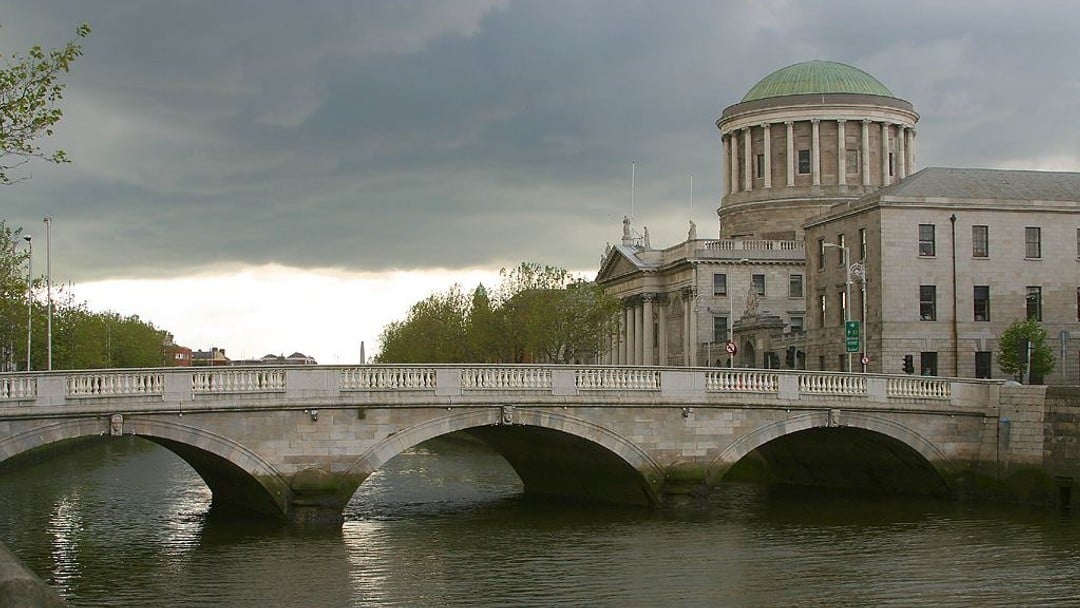Z.M. and N.G. v IPAT: Irish Court of Appeal clarifies state protection analysis in international protection cases

Real risk of serious harm does not automatically establish absence of state protection
The Court of Appeal heard two consolidated appeals from Georgian and Albanian nationals whose applications for subsidiary protection were refused by the International Protection Appeals Tribunal (IPAT). Both appellants claimed they faced threats from criminal elements in their home countries and argued that state protection would not be available to them.
The appeals raised several important questions about the proper interpretation of the Qualification Directive 2004/83/EC and the International Protection Act 2015, particularly concerning when and how decision-makers should assess the availability of state protection.
The court's analysis
Butler J rejected the appellants' central argument that a finding of "well-founded fear of persecution" or "real risk of serious harm" must necessarily incorporate a conclusion that state protection is unavailable. The court held that whilst these concepts are intrinsically linked, they remain distinct elements within the refugee and subsidiary protection definitions.
The court emphasised that the legislative framework requires both elements to be satisfied: there must be a real risk of serious harm, and the applicant must be unable or unwilling to avail themselves of state protection. These are separate but related requirements that must both be established before international protection can be granted.
Regarding the presumption under Article 4(4) of the Qualification Directive—that past persecution is a serious indicator of future persecution—the court found this did not extend to presuming an absence of state protection. The court noted there was no evidential nexus between the established past threats from criminals and any finding about the past conduct of state authorities. In one case, the police had never been informed of the threats; in the other, authorities had appropriately prosecuted the perpetrator.
Safe country of origin designation
The appellants challenged the Tribunal's reliance on Georgia and Albania's designation as safe countries of origin. The court rejected this argument, holding that whilst such designation cannot operate to deny applicants an individualised assessment, it remains a relevant factor in evaluating the availability of state protection. The designation reflects a ministerial assessment of the general legal and political situation and the availability of protection from persecution.
Standard of protection required
The court clarified that Article 7(2) of the Qualification Directive does not require states to provide absolute protection or prevent all risks from materialising. Effective state protection means taking reasonable steps to prevent persecution through operating an effective legal system for detecting, prosecuting and punishing perpetrators. The court emphasised that both Georgia and Albania demonstrated functioning criminal justice systems that had investigated and prosecuted relevant criminal conduct.
Standard of proof for past events
Finally, in relation to Z.M.'s appeal, the court upheld the application of the balance of probabilities standard to establishing past events, coupled with the benefit of the doubt where appropriate. The court distinguished this from the lower threshold applied when assessing future risk, noting that different member states retain procedural autonomy regarding standards of proof provided the principles of equivalence and effectiveness are maintained.
The appeals were dismissed, with the court finding that the Tribunal had correctly concluded state protection was available to both appellants in their countries of origin.
